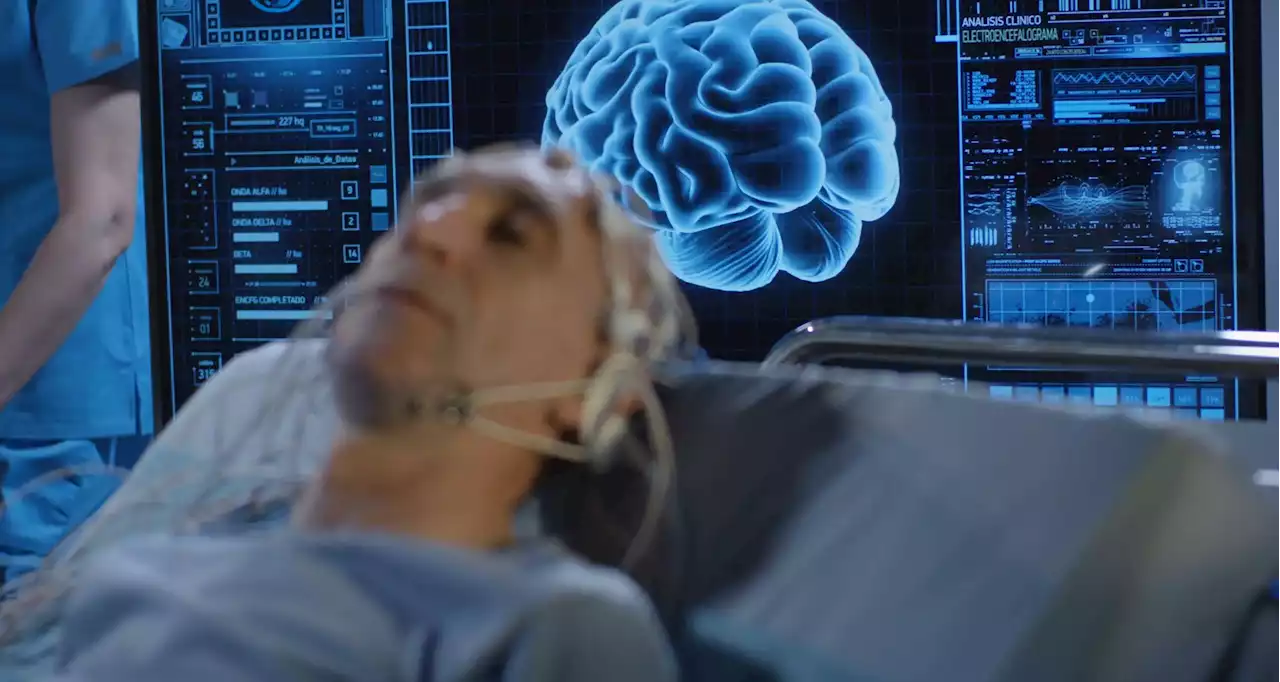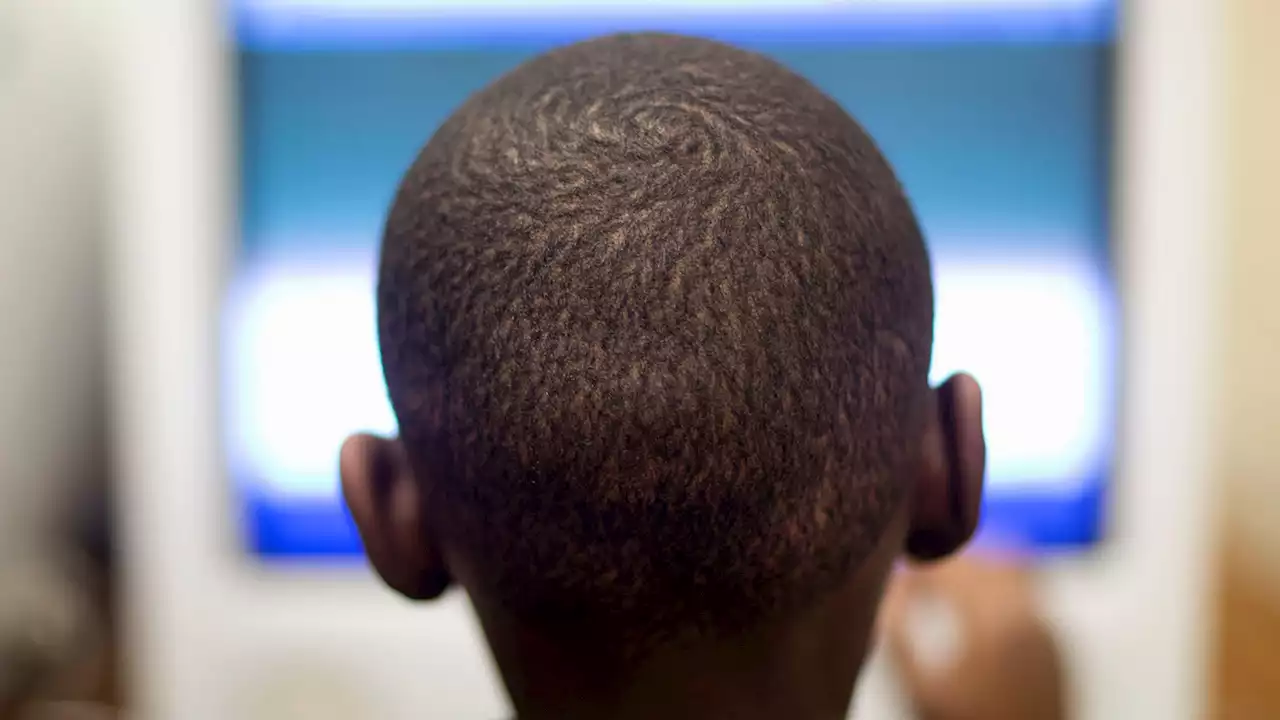A new neuroimaging study peered inside the minds of polyglots—someone who speaks more than five languages—to reveal how their brains respond to both familiar and unfamiliar languages.
Most people will learn one or two languages in their lives. But Vaughn Smith, a 47-year-old carpet cleaner from Washington, D.C., speaks 24. Smith is a hyperpolyglot—a rare individual who speaks more than 10 languages.
Scientists have largely ignored what’s going on inside the brains of polyglots—people who speak more than five languages—says Ev Fedorenko, a cognitive neuroscientist at the Massachusetts Institute of Technology who led the new study. “There’s oodles of work on individuals whose language systems are not functioning properly,” she says, but almost none on people with advanced language skills.
Inside the fMRI machine, the polyglots listened to a series of 16-second-long recordings in one of eight different languages. Each recording was selected from a random chunk of the Bible or, which they or other groups had previously translated into 25 and 46 languages, respectively. The eight languages included each participant’s native language, three others they learned later in life, and four unfamiliar languages.
Brain activity particularly revved up when participants heard unfamiliar languages that were closely related to ones they knew well. This might have happened as brain areas worked overtime to puzzle out the meanings based on similarities between the languages.their language networks were actually quieter than when they heard other familiar languages
United States Latest News, United States Headlines
Similar News:You can also read news stories similar to this one that we have collected from other news sources.
 Can Neuroimaging Reveal the Roots of Psychiatric Disorders Like PTSD?A Yale study says not yet. A recent study led by Yale University highlights that while neuroimaging holds great potential in connecting specific symptoms of mental health disorders to abnormal brain activity, there are still challenges to overcome before it can be reliably used to diagnose conditio
Can Neuroimaging Reveal the Roots of Psychiatric Disorders Like PTSD?A Yale study says not yet. A recent study led by Yale University highlights that while neuroimaging holds great potential in connecting specific symptoms of mental health disorders to abnormal brain activity, there are still challenges to overcome before it can be reliably used to diagnose conditio
Read more »
 Why the Human Brain Takes Decades to DevelopFor the human brain, adolescent development spans from the age of 10 into the mid 20s. During this time, new neurological connections are forming alongside social experience to connect the thinking and feeling centers in the human mind.
Why the Human Brain Takes Decades to DevelopFor the human brain, adolescent development spans from the age of 10 into the mid 20s. During this time, new neurological connections are forming alongside social experience to connect the thinking and feeling centers in the human mind.
Read more »
 Why Cannabis Could Benefit the Middle-Aged BrainCannabis affects people differently depending on their age—and it may be particularly beneficial to aging brains. Here's why.
Why Cannabis Could Benefit the Middle-Aged BrainCannabis affects people differently depending on their age—and it may be particularly beneficial to aging brains. Here's why.
Read more »
 5 Ways to Deal With Brain Fog, According to the ExpertsKeep forgetting things? Brain fog could be behind it.
5 Ways to Deal With Brain Fog, According to the ExpertsKeep forgetting things? Brain fog could be behind it.
Read more »
 MRIs show stress from poverty, racism may alter brain development of black children, study saysResearchers found that increased stressors like economic hardship and systemic racism play a significant role for Black children and can lead to the development of mental health issues as they age, the study said.
MRIs show stress from poverty, racism may alter brain development of black children, study saysResearchers found that increased stressors like economic hardship and systemic racism play a significant role for Black children and can lead to the development of mental health issues as they age, the study said.
Read more »